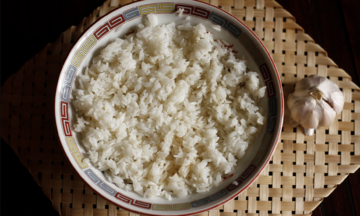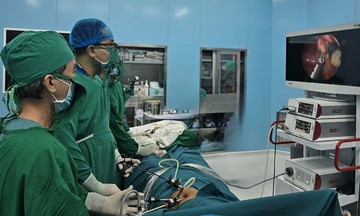The liver is responsible for removing toxins from the body. An unhealthy diet and lifestyle can damage this vital organ, leading to serious health consequences. A few simple dietary changes can help boost liver function.
Increase omega-3 intake. Omega-3 fatty acids found in chia seeds, flaxseeds, and fatty fish help reduce inflammation and fat accumulation in the liver. Omega-3s also lower blood triglycerides, boost metabolism, and reduce the risk of liver damage, inflammation, and cirrhosis.
Reduce bad carbohydrates. Insulin, a hormone that maintains normal blood sugar levels, is released when meals contain many carbohydrates or simple sugars like glucose. Insulin can convert this excess glucose into glycogen, stored in the liver and muscles. Excessive glycogen storage can negatively impact liver function. High carbohydrate intake can also lead to fat storage when consumed in large quantities.
Choose prebiotic-rich foods. Prebiotics are fibers used by gut microorganisms as a food source, promoting the growth of beneficial bacteria. Bile acids are produced from cholesterol. A small amount of bile acid is excreted from the gut, while the rest is reabsorbed and returned to the liver. Prebiotics increase bile acid excretion, reducing the amount returned to the liver and lowering cholesterol levels in the liver.
Avoid alcohol. Excessive alcohol consumption is a leading cause of liver problems. The liver acts as a detoxifying organ, breaking down and removing harmful substances from alcohol and other drugs. When the amount of these toxins exceeds the liver's processing capacity, it can lead to various health complications.
Eat vitamin C-rich foods. Vitamin C, an antioxidant, can prevent oxidative stress in the body. It also helps reduce fat accumulation in the liver, preventing fatty liver disease.
Stay hydrated. The liver plays a crucial role in detoxification, and drinking enough water supports its ability to remove toxins effectively.
Sleep deprivation, sleep apnea, excessive sleep, or poor sleep quality are linked to chronic liver diseases. In addition to maintaining a balanced diet, individuals should aim for 6-8 hours of continuous sleep each night, preferably at the same time. Lack of sleep can cause digestive issues, skin changes, toxin buildup, and impaired liver detoxification.
The main cause of non-alcoholic fatty liver disease is obesity and being overweight, which can lead to liver damage, including cirrhosis and liver cancer. Being overweight leads to insulin resistance, increased visceral fat, and impaired liver function. Avoiding sugary and processed foods and beverages, along with regular exercise, helps maintain a healthy weight.
Le Nguyen (According to Hindustan Times)
| Readers can submit nutrition questions here for doctors to answer. |












